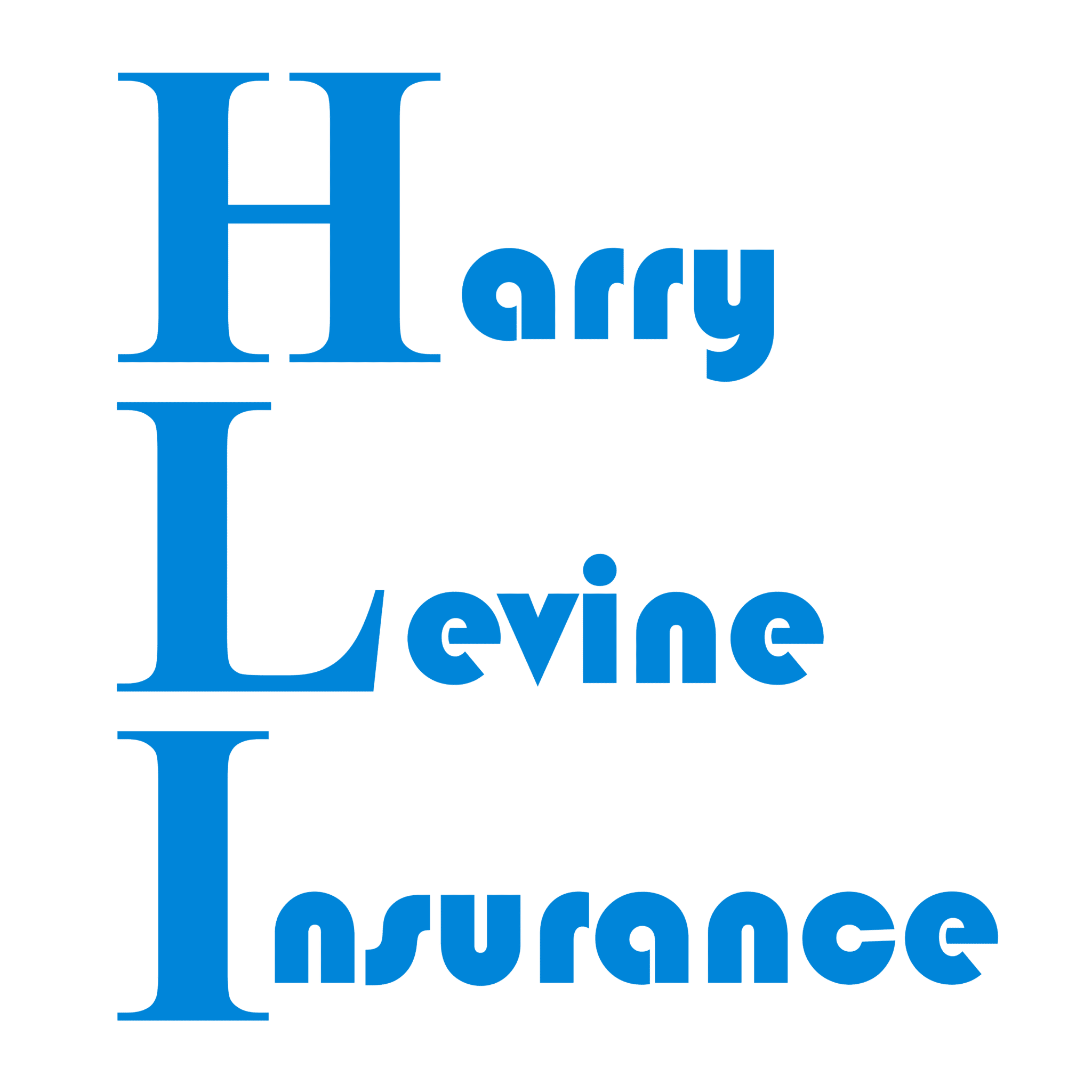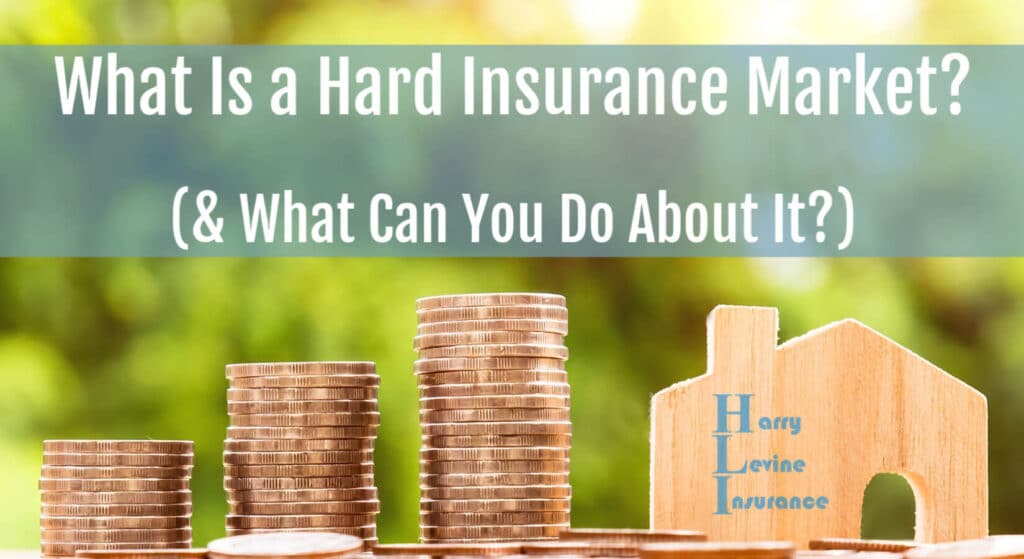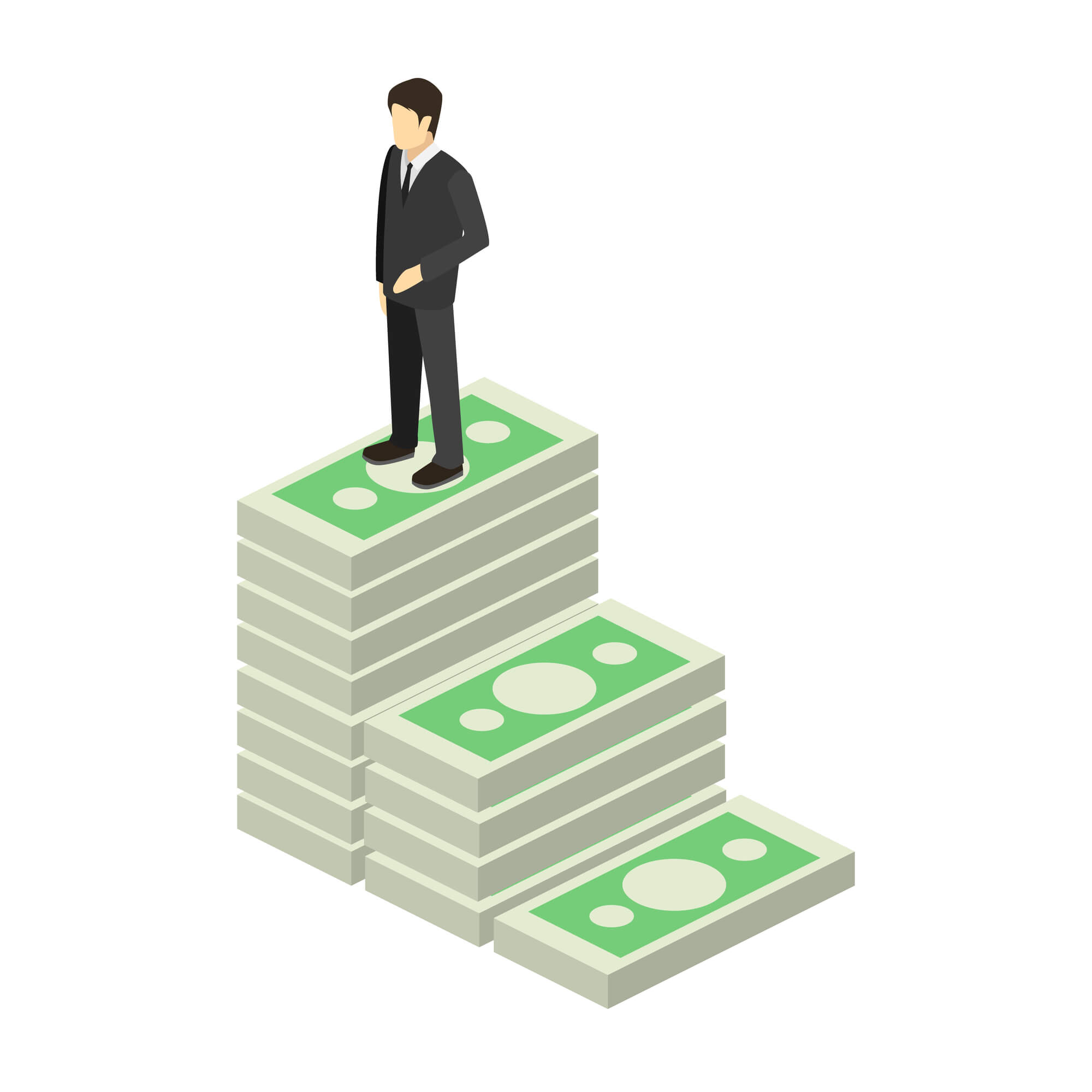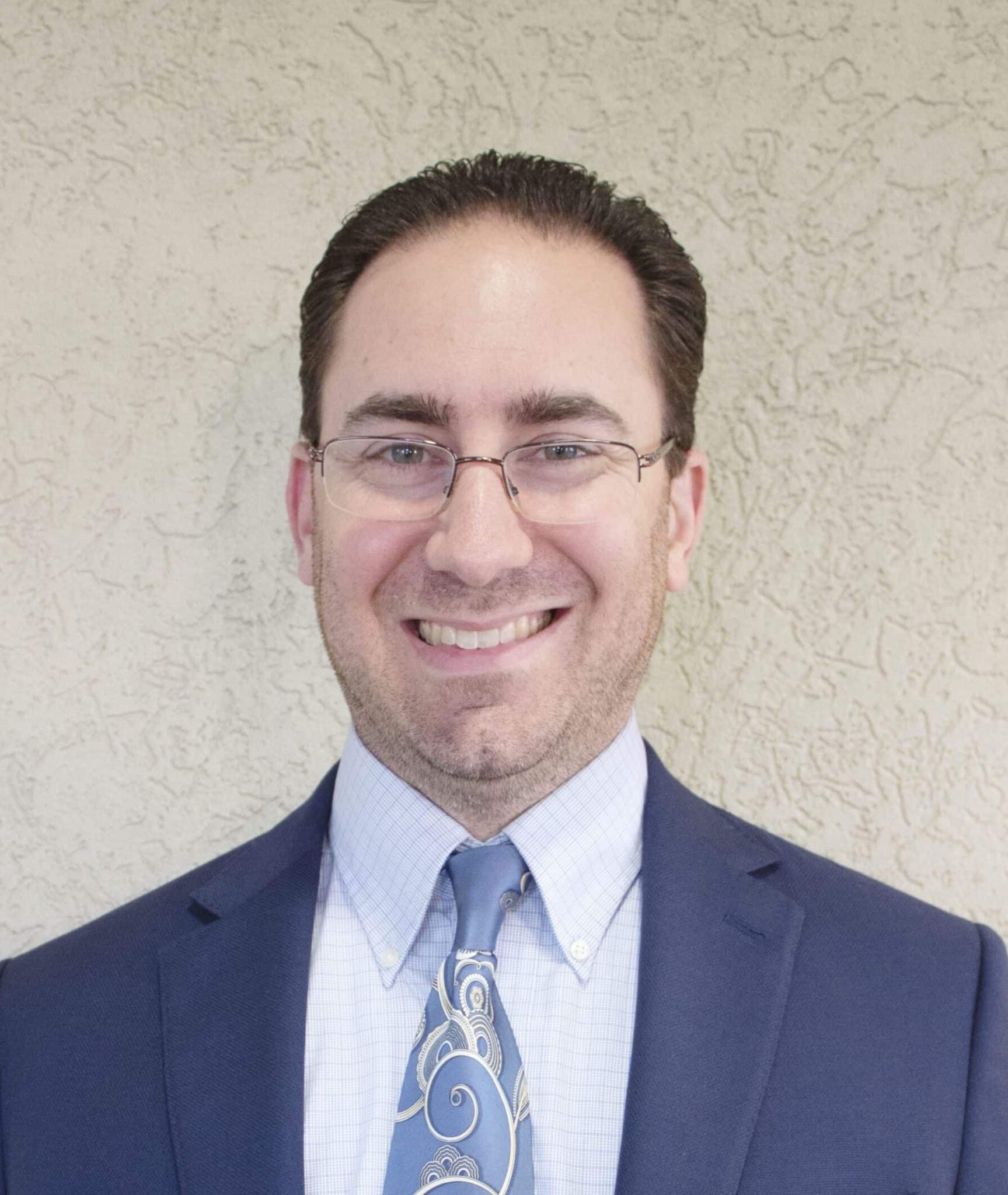Have you started seeing higher insurance premiums with less coverage?
A hard insurance market is likely to blame. (And the bad news? It’s just getting started.)
From a layperson’s point of view, your insurance policy can appear pretty nebulous. An underwriter puts your data into a computer, calculates a few algorithms, gazes into a crystal ball, reads some tea leaves, writes down the last number they dreamed about, and that’s your premium amount.
Wait…is that not how it works?
All kidding aside, there actually are a lot of factors that go into calculating the details of your insurance policy, such as your insurance score, your insurables, and your claims history. But there’s one major factor that has very little to do with you as an individual: the insurance market.
Yep. Just like real estate, the insurance industry cycles through fluctuating markets, too. And right now (as of March 2020), we’re heading towards a hard insurance market.
What Is a Hard Insurance Market?
Hard insurance markets can be compared to the real estate industry’s seller’s markets. They are characterized by premium increases, decreased underwriting capacity, and restricted coverage.
A soft insurance market, on the other hand, is more of a “buyer’s market,” where premiums are lower, coverages are higher, and more policies are written.
How does this happen?
Let’s take a look at the cycle as it swings from a soft insurance market to a hard insurance market.
1. Increased Claims
An increase in costly claims is one of the biggest factors determining the strength of the insurance market. When insurance carriers pay out more money to their policyholders than they expected, premiums may need to be raised as a result.
Although insurance policies aren’t a tangible product, they nevertheless follow the rule of “supply and demand.” More use of policies (i.e. higher demand) decreases supply and increases price.
2. Underwriting Standards Tighten
“Wait a second…’decreases supply’? How can anybody run out of insurance?”
It sounds strange, but each carrier has an “insurance capacity,” or the amount of risk they’re willing to take on. This typically comes down to the amount of money they have at their disposal.
If an insurance company has $30 million in liquid assets, but $40 million worth of claims come in, they’d be in trouble. So when those funds are depleted, insurance companies have to be more strict about writing policies.
3. Balanced Insurance Market
Eventually, a hard insurance market starts to soften and, after a time, the cycle starts all over again.
It isn’t always easy to predict the timing or severity of the next market fluctuation, but there is one thing you can count on: the market is always changing.
The question that we need to be asking ourselves is: What causes more claims? Are people’s houses burning down at an unprecedented rate? Is it more destructive hurricanes?
Most of it comes down to one thing: fraud.
How Fraud Affects the Market
It would be short-sighted to assume that criminal activity has no effect on the market.
Take a peek into any retail store and you’re bound to find at least one product that’s now kept under lock-and-key because thieves couldn’t help themselves from making off with it. Well, the insurance industry is no different.
When it comes to crime, people are creative. And nefarious homeowners, business owners, and vendors have all found ways to trick the insurance company into giving them more money than they need.
This can come in the form of:
- False claims (filing a claim when there is no damage),
- Inflated pricing (vendors charging the insurance company more than their competitors would),
- Intentional damage (deliberately damaging property),
- and our old enemy, Assignment of Benefit forms.
When inflated, fraudulent, frivolous claims flood the market, insurance companies are forced to take action.
What You Can Do
So what can you do to make sure you weather the upcoming hard insurance market?
For starters, make sure you’re appropriately covered with the right level of insurance. A “bare bones” policy isn’t going to protect you and it isn’t going to give the insurance company the right expectations about your level of risk.
In fact, many of you might be surprised to know that buying more than the bare minimum insurance requirements can often save you money each month!
Second, do what you can to prevent claims. Stay on top of your auto/home maintenance and only file a claim if you need to. If the repair costs are less than or barely more than your deductible, it’s probably not worth it to file a claim.
Of course, this also means don’t file a fraudulent claim.
But, because premiums are likely to go up, budget accordingly. Cancel some unnecessary subscriptions, participate in meatless Mondays, and leave a little extra wiggle room in your monthly budget to cover the increase in premiums.
The point is, don’t sacrifice coverage to save a few bucks. Risk of litigation seems to only be increasing, and disasters like hurricanes aren’t going anywhere.
Last—and this is great advice in any market—work with an independent insurance agent to make sure you’re getting the best insurance coverage for the best deal. Independent agents are not tied to any specific insurance carrier and they know a lot about insurance, so they can properly advise you on the policies you need to protect your risks and assets.
Conclusion
As we shift toward a hard insurance market, it’s important to understand the factors that have brought us to this point. And unfortunately, insurance fraud is a major contributor.
However, this needn’t spell out doom and gloom for home- and business owners throughout the country. Take this opportunity as a time to work with an independent insurance agent and examine your insurance coverage to make sure you are adequately prepared against your level of risk.
Harry Levine Insurance has been at the forefront of Orlando’s insurance market for the last 30 years and we have the experience, knowledge, and resources you can rely on for strong insurance coverage.
Call today to get a free quote. We can’t wait to meet you!











Comments (2)
Mark margeson
July 6, 2022Who will consider writing coverage in Louisiana for commercial property.
I need a market now
Julie Levine
July 8, 2022Hi Mark,
I don’t personally write in Louisiana, but that’s a great question. There are some great resources through the Big-I (IIABA). You may try the Louisiana state association or IMS https://www.imsaccess.com/#.
Thanks,